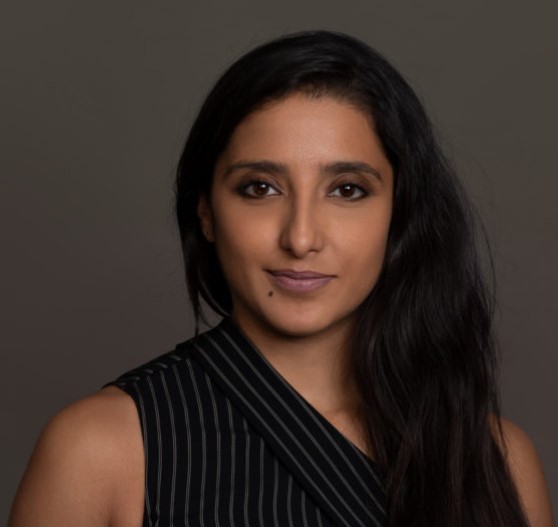
A heritage of traditions from Persia that has remained in my family’s cultural memory for many decades has become a regular fixture in Eid-al-Adha celebrations in my home. Modern influences have undoubtedly made their way into these traditions to offer an unapologetic fusion of the way we celebrate Eid-al-Adha.
Eid-al-Adha will begin on Sunday, June 16, 2024, and will last for three days. It is known as the festival of sacrifice and also marks the end of the pilgrimage to Mecca, known as Hajj.
Eid celebrations always inevitably begin the night before. Women usually gather in the largest room in the house, on the ground floor. An unexpected guest always arrives, and no doubt my brothers and I debate over who should take charge of the culinary preparations that, if not carried out properly, can spoil the grand feast the following day. At that point, somewhere between the gatherings, the debates and the laughter, we know that the celebrations have begun.
For us, Eid-al-Adha begins with the infamous henna ritual. Henna holds a sacred place in our traditions and hands are adorned with it all over the world, from London to Egypt and beyond, during Eid-al-Adha. Young girls and older women alike will fight off sleep to wait patiently and wait their turn for each hand to be decorated.
This ritual of beautification and togetherness is always accompanied by singing in our home and the recitation of poetry, which symbolizes female solidarity and the essence of sisterhood. Now, a little older, I understand the sense of responsibility that goes into ensuring that the intricate patterns on those hands are close to perfection, as the work of art will be admired for days to come.
If I am lucky, I manage to sleep two or three hours before it is time to get up and start the cooking activities. In the morning, when we wake up, we all greet each other in the usual way with the phrase of Eid Mubarak. I watch as my father hugs and greets other men on this auspicious day in the usual way, hugging them three times as a sign of love, respect and joy.
Cooking activities can begin as early as 4:30 in the morning. It is a family event, with each individual contributing in some way. We are cooking for the three days ahead and at least two of us are needed to move the large pots filled with aromatic biryanis. My father will bless each dish when he returns from Eid prayers; eating will not begin until that is over. We will then share the food with the families around us, as the focus of this day is on giving gifts to others. That act of sharing is a symbol of unity and the importance of community.
How we participate in prayer and reflection is a very personal choice in my household. Those who wish to attend communal prayers will do so, and those who wish to stay home to enjoy a quieter, more reflective time before the celebrations begin will also be able to do so.
Eid-al-Adha is also a celebration of creativity. The food, the aromatic smells, the colours, the fashion, the conversations, everything generates and contributes to our togetherness. It is our celebration of something beyond ourselves and also our acceptance of altruism in the face of adversity; it is, after all, the festival of sacrifice and there is a joy that unites us throughout these days.
As I reflect on the significance of the days ahead, it is clear to me that Eid-al-Adha is a celebration filled with customs and traditions. I have come to realize that in times of uncertainty, the rituals that accompany customs and traditions can be a unifying force. They are conscious acts that have the ability to connect us with ourselves and with others.
At the heart of Eid-al-Adha is the prophet Ibrahim or Abraham, a man whose identity spans three major religions: Islam, Judaism and Christianity. Celebrating diversity within religions and finding common ground is essential to promoting unity. I am fortunate to be able to celebrate other religions thanks to the close people I know and there is much to be said for the similarities in our customs and traditions.
As I write this, I have finished preparing for tomorrow’s court and have my bags packed for my trip home.
We wish you and your loved ones a happy Eid Mubarak holiday.
Employment Judge Iman
Diversity and Inclusion Officer – East London Employment Tribunal
#Labor #Judge #Iman #Shares #Plans #Celebrate #EidalAdha #Courts #Tribunals #Judiciary